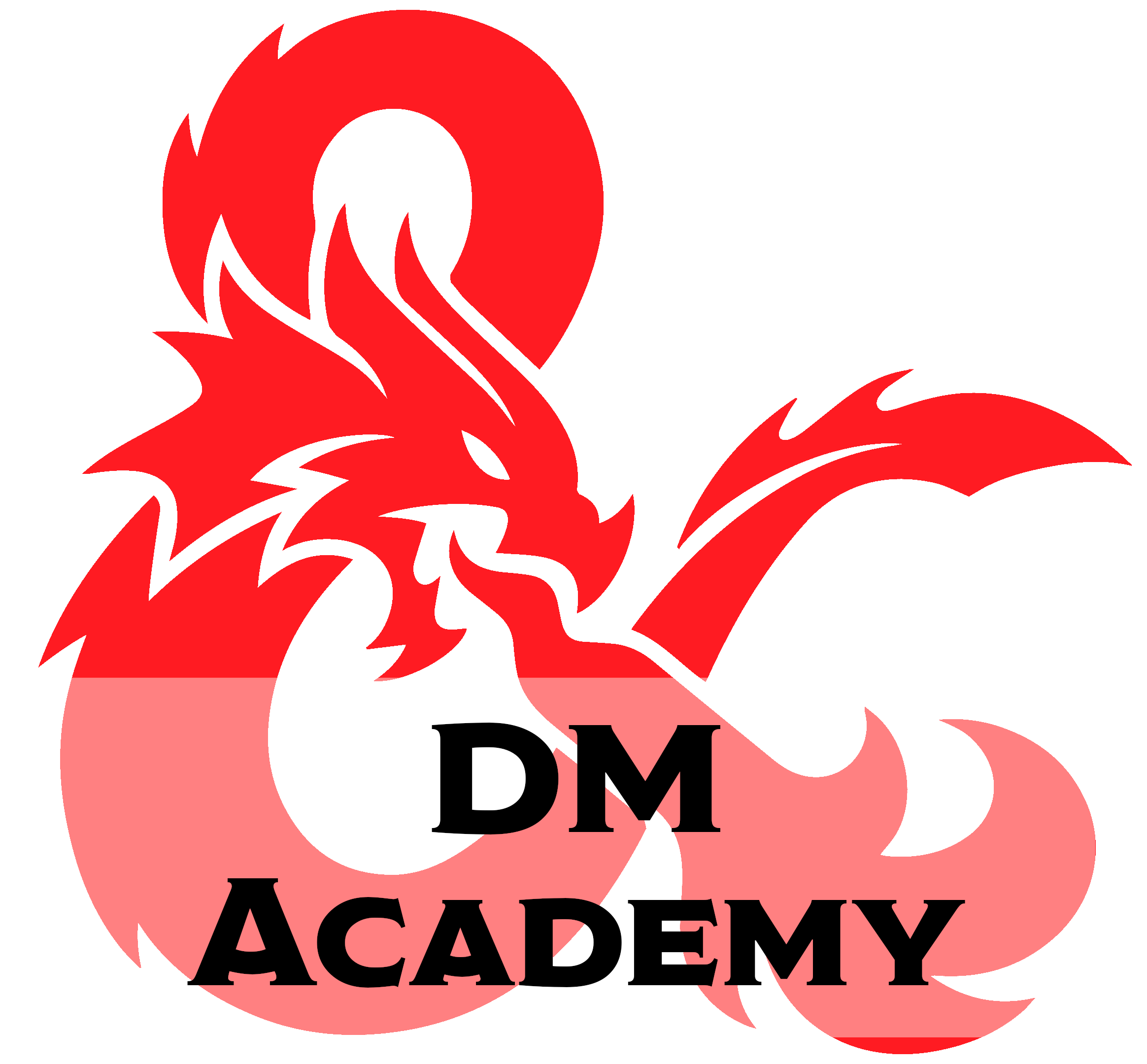Hey everyone, I’m looking for any tips or advice with running exploration, as a recent example my players recently came across an abandoned ship and decided to climb aboard and look for any treasures that were left behind. They went room to room and I made an effort to describe each room in detail but the whole process felt very drawn out and repetitive. Especially if there’s no special encounter in that room.
I find in situations like this that it helps to give an overall detailed description of the area at the start of exploration (lighting, smells, environmental effects, crooning height), and only describe more if something in a new area is different. If there’s nothing in an area for them to find, feel free to narrate them through it. It’s not railroading, it’s good storytelling.
As a person that has only played. I would think a general idea of the area would be good and maybe a group perception check for each room to find some minor lot would make it efficient but worth it.
It sounds to me like you could have either:
- Prepared the ship as an actual dungeon where there would be some interesting dramatic tension moving room-to-room. This is the technique used in a lot of pulp fiction. If it feels like things have gotten too safe, have someone kick down a door and start shooting. Who are they? That’s up to you. You can add more story to a place in order to justify putting some monsters for the party to fight. D&D is a game about fighting monsters after all.
OR
- Skipped the room-to-room description and instead told the players about anything interesting they found in the whole ship. Like you could just say “you guys explore the abandoned ship. The whole ship is very decrepit and smells like seawater and rot. Most of the crew quarters don’t seem to have anything of interest. In the captain’s quarters, you find a large iron key on a rotting desk”. If there isn’t anything interesting going on, there’s no point in dwelling on it.
I would try to clearly outline to players what spaces are available for them to search. Work with a discrete list like: captain’s quarters, crew quarters, galley, magazine, and cargo hold. That’s it. Then you can come up with an interesting description for a limited number of spaces, and also use them for exposition (a letter tucked in a crew bunk, a map in the Captain’s quarters), while not getting bogged down in repetitive spaces that don’t contribute to the campaign.
It’s up to you what the inside of the ship looks like, so if you don’t want it filled with repetitive rooms, just say it isn’t.

